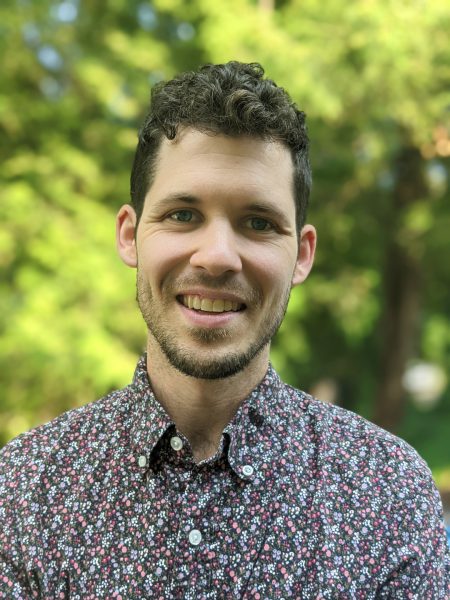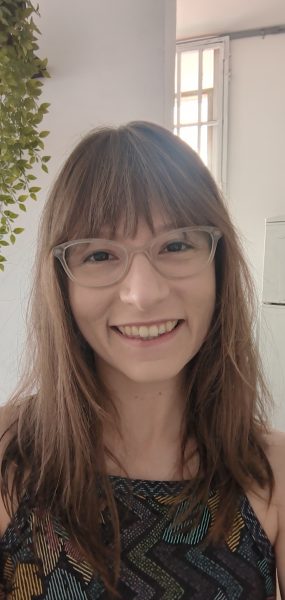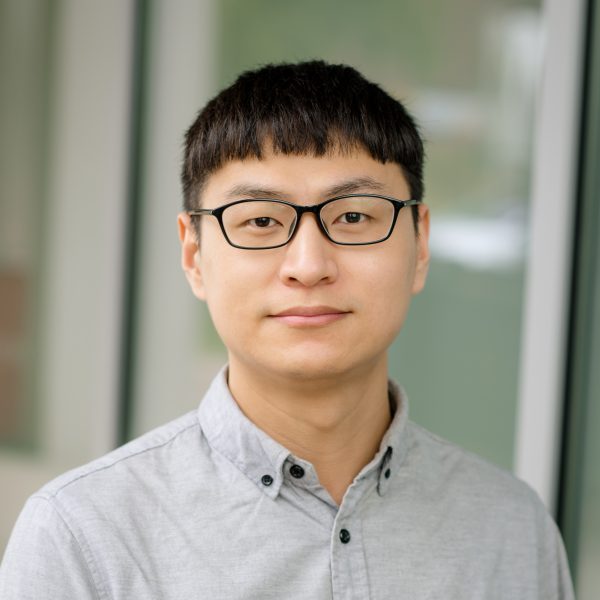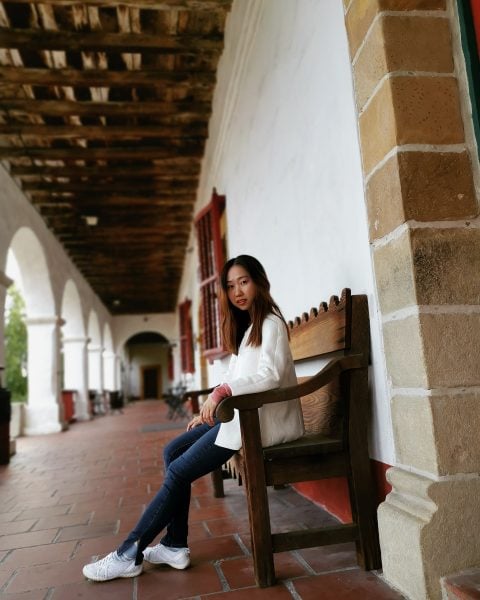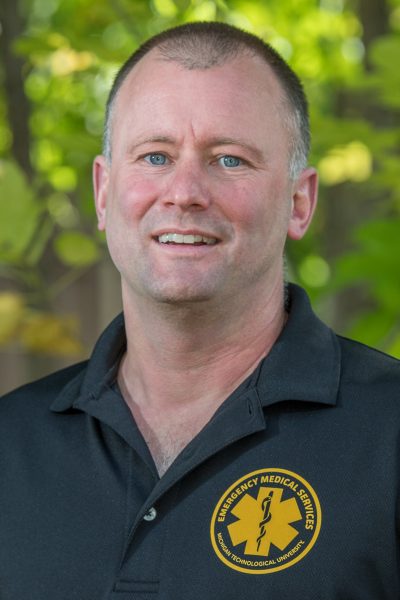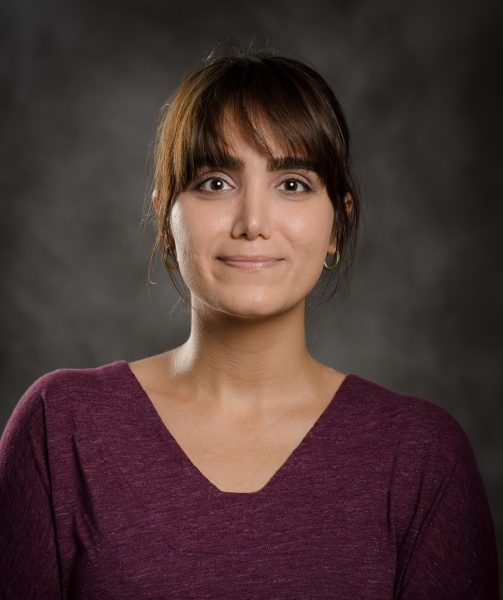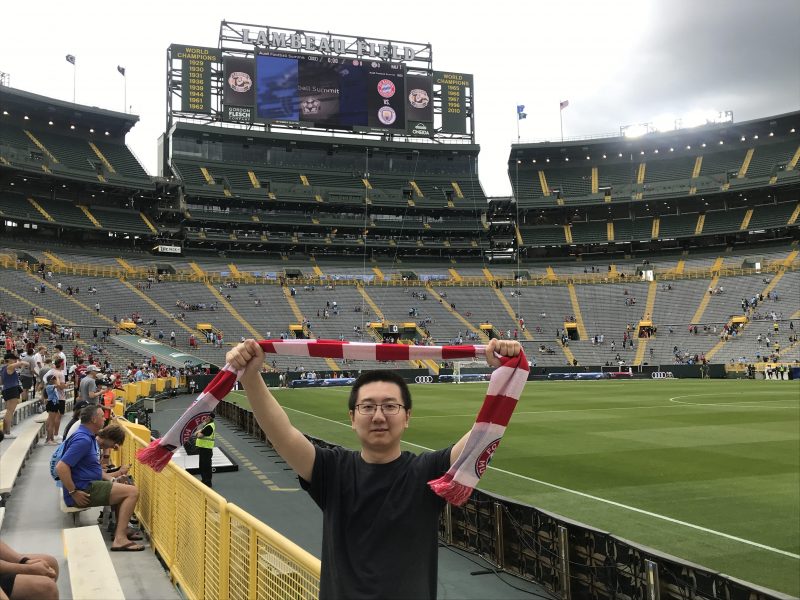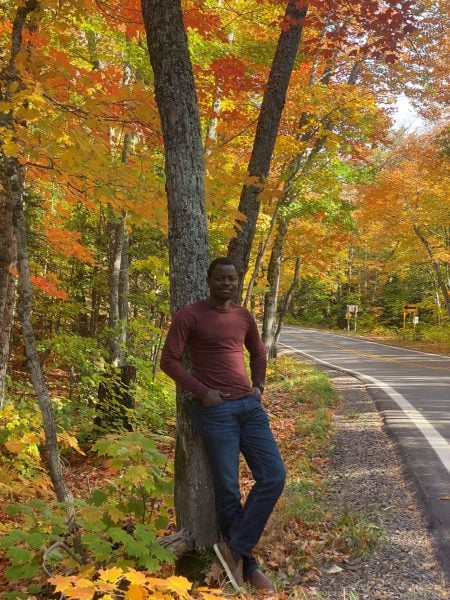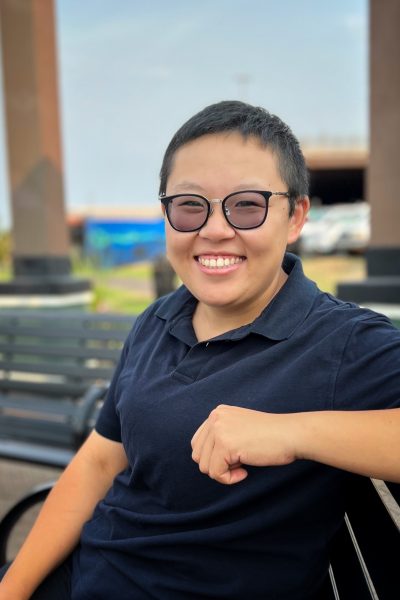I started collecting tropical plant physiology data for Dr. Molly Cavaleri as a plant physiology technician in October 2018 and started as a PhD student in her lab within the year. My interests in plant physiology are applied to how plants will respond to environmental forcings caused by climate change. Since plants are both a sink and source for atmospheric carbon, climate change effects on plant physiology will feedback responses to atmospheric carbon. I have been working at the Tropical Responses to Altered Climate Experiment (TRACE), a tropical understory warming experiment located in Puerto Rico, where I have been measuring plant responses to +4 °C experimental warming. I have been looking at acclimation responses to warming in leaf and root respiration, photosynthesis, and the limits for high-heat tolerance in leaves. All of these projects that I have been working on are generating data that will be fed into global models that predict how tropical forests will interact with the atmosphere under different climate scenarios.
The next step in my career is to start the postdoctoral fellowship I have accepted at Michigan Tech in collaboration with several federal agencies to do the modeling work on the data I collected during my PhD. Dr. Molly Cavaleri, my committee, the College of Forest Resources and Environmental Science, and the TRACE team have all been amazing to work with and I look forward to working with them more over the next couple of years. I would also like to express my thanks to those who fund the Finishing Fellowship award and gave me the opportunity to spend an extra semester writing up the exciting work I have been doing as PhD student.
